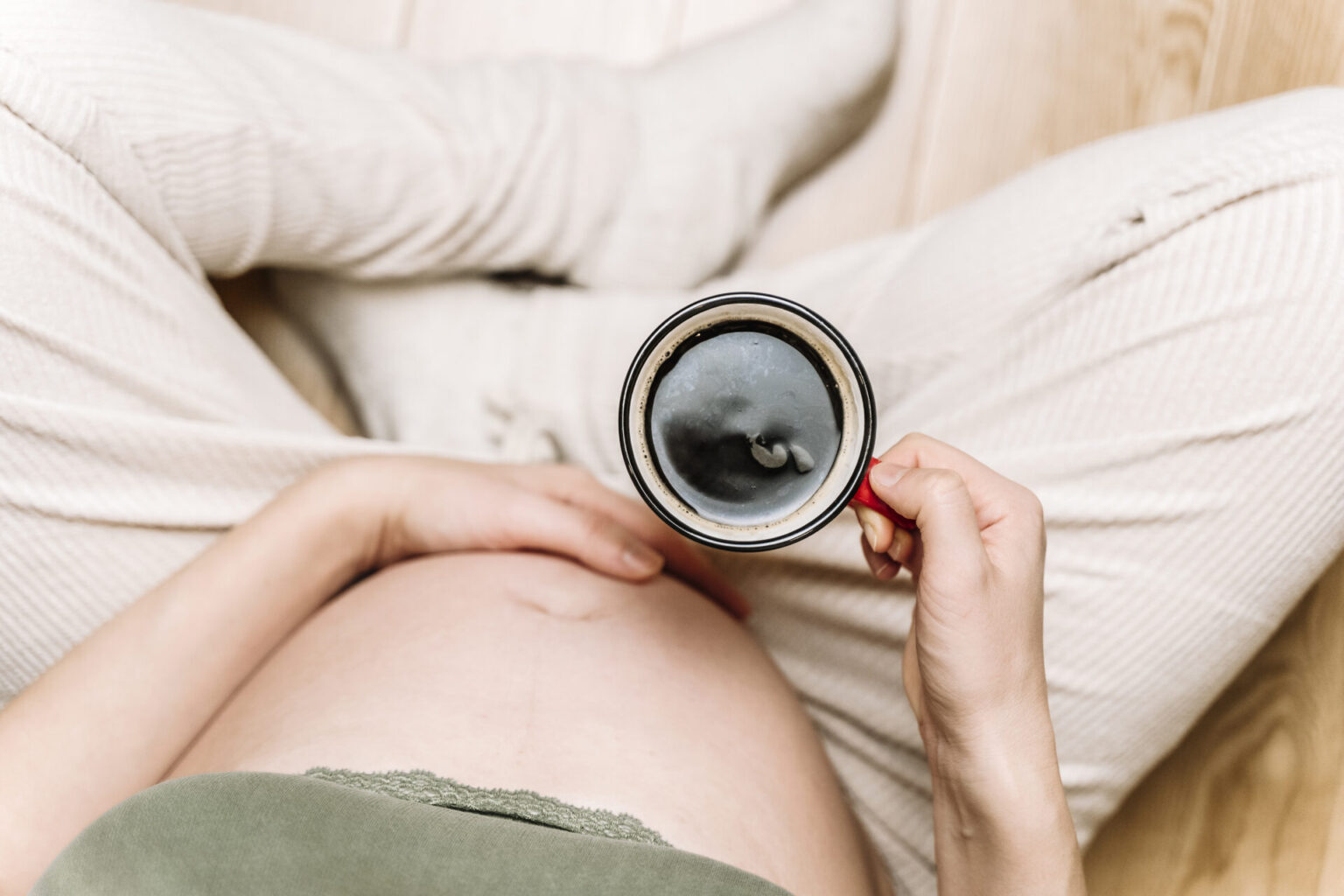From how much coffee you’re allowed to drink to what you can order at your favourite sushi restaurant, we’ve got the answers you need.
There are many joyful parts of pregnancy, but being on the receiving end of every old wives’ tale is not one of them. With all of the conflicting opinions, it can be challenging to know what’s true and what isn’t. If you’re worried about what is safe to eat and drink when you’re expecting, don’t listen to your Great-Aunt Ruth and keep reading instead.
What to Know About Food Choices During Pregnancy
Here’s the biggest thing to remember: Undercooked and raw food should be avoided (this includes things like raw eggs in salad dressing). This rule might seem like a no-brainer, but you might not realize all of the things that can carry foodborne illnesses if they aren’t cooked properly. Below you’ll find details on some of the foods that are the biggest question marks for pregnant people.
Steak: Steak is fine but it should be fully cooked. Leave the rare or medium-rare preparation until you’re finished with breastfeeding.
Sushi: Not all sushi is an issue. If you love nothing more than Japanese takeout on a Friday night, just make sure that all of your sushi fillings are fully cooked or veggie based. Raw fish can harbour harmful bacteria.
Soft cheese: This one almost isn’t fair because it’s not about the consistency of the cheese. Instead, it’s about how the dairy ingredient in the cheese was handled. Pasteurized soft cheeses—those made with ingredients that have been properly sterilized to kill any pathogens—are fine. That said, if you’re unsure about whether or not a dairy product has been pasteurized, ask someone in-store before purchasing or steer clear just to be safe.
Deli meat: You may not know this, but cured meats are not cooked. They also tend to be high in sodium and saturated fat, which aren’t ideal during pregnancy. Some women cook deli meat so they are able to eat it when expecting—if you go this route, just make sure the meat reaches an internal temperature of 165F before consuming.
Certain fruits and vegetables: Almost all fruits and veggies are fine, but be sure they are thoroughly washed before consuming. The exception is raw sprouts of any kind—they can easily harbour disease, even when cleaned properly.
What to Know About Drink Choices During Pregnancy
You know not to drink alcohol when you’re pregnant, but you may not know how hard and fast that rule is. You may also have been told to completely avoid caffeine, but, coffee lovers, you’ll be glad to know there’s a threshold. Keep reading for the facts.
Alcohol: Some people think that a little bit of alcohol early in the first trimester or late in the third trimester is okay, but Health Canada advises that there is no safe point to introduce alcohol when you’re pregnant.
Caffeine: High levels of caffeine have been linked to adverse effects for both baby and mother, but experts say that 200mg of the naturally occurring chemical each day is okay. This amount is equal to about two six-ounce cups of coffee daily.
Herbal teas: Some teas have active ingredients that can impact both the mother and the baby. Because there is limited data on what herbal ingredients are safe, it’s best to avoid all herbal options unless a health care practitioner has confirmed otherwise (for example, some people suggest drinking raspberry leaf tea when you’re approaching your due date, in order to tone the uterus for delivery).
Smoothies: While smoothies can pack a nutrient punch, there is an important rule to know. If you use juice in your smoothie, make sure it has been pasteurized (be sure to ask if you’re ordering a smoothie at a restaurant, too). Unpasteurized juice can lead to illness. Also make sure that all fruits and veggies added to the blender have been washed properly.
Sidebar: Double-Check Your Meds
Many medications aren’t safe for developing fetuses, so it’s important to speak to your doctor or pharmacist about any prescription meds you’re taking. As for over-the-counter medications, there are quite a few that should be avoided (for example, Advil isn’t safe during pregnancy). Call your local pharmacy or ask to speak to the pharmacist in-store before you purchase any OTC meds—your pre-pregnancy go-tos for headaches, joint pain, stomach upset, etc. may not be recommended when you’re expecting.











